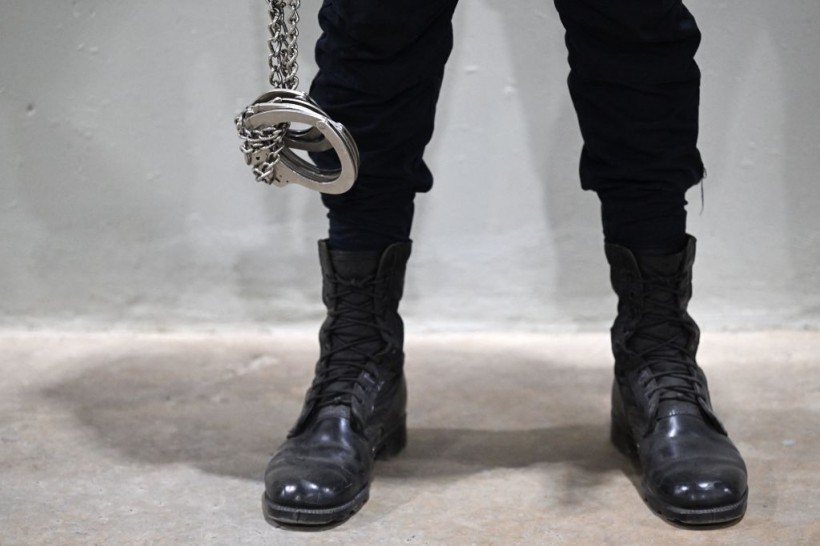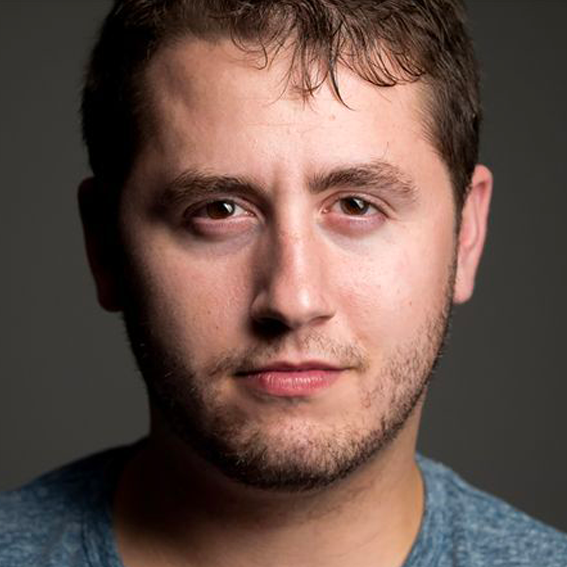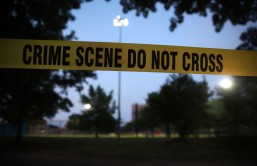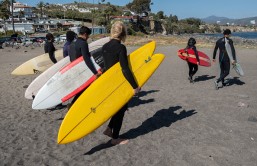Salvadorans cast their votes on Sunday in elections expected to grant President Nayib Bukele another landslide victory, with many willing to overlook the young leader's authoritarian drift after he crushed gang violence that had paralyzed life in the poor Central American country.

The feed and the handcuffs of a prison security officer are photographed while he stands guard inside the newly inaugurated "Terrorist Confinement Centre" (CECOT), at a secluded rural area in a valley near Tecoluca, 74 km southeast of San Salvador on February 2, 2023. - The 166-hectare site has a dozen pavilions covering 23 hectares and is intended to house 40,000 alleged gang members, many arrested under a state of emergency in their "war" against crime.
It has been reported by Reuters that Bukele, 42, appears poised to become the first Salvadoran president in more than a century to be re-elected. Wildly popular, Bukele has campaigned on the success of his security strategy under which authorities suspended civil liberties to arrest more than 75,000 Salvadorans without charges. The detentions led to a sharp decline in nationwide murder rates and transformed a country of 6.3 million people that was once among the world's most dangerous.
However, some analysts have expressed concerns about the sustainability of the mass incarceration of 1% of the population as a long-term strategy. Five other presidential candidates are contesting the elections, including politicians from the former leftist guerrilla Farabundo Marti National Liberation Front (FMLN) and the right-wing Nationalist Republican Alliance (ARENA), which between them governed for 30 years until 2019.
What Do The Polls Say?
Polls indicate that most voters appear set to reward Bukele for decimating the crime groups that made life intolerable in El Salvador and fueled waves of migration to the United States. Victor Lopez, a 65-year-old construction worker, was among the first 10 people lined up at a voting center on one of the capital San Salvador's main avenues, where Bukele is scheduled to cast his vote later on Sunday. "We have to continue the changes that are happening in our country - positive changes. We have no crime, tourism has skyrocketed and other positive things," Lopez told Reuters. "We cannot let the corrupt people from before have power again because then the projects that the government is executing could not be executed," Lopez added, referring to the country's two traditional parties, FMLN and ARENA.
HNGN recently reported that Bukele, known as the "World's Coolest Dictator," has sparked controversy, with some hailing him as a hero for his approach to tackling gang violence while others view him as a tyrant. Despite this divide, recent polls indicate overwhelming support for Bukele, with 7 to 9 out of every 10 voters backing him. Bukele's evasion of El Salvador's constitution and his bid for reelection despite constitutional constraints have also stirred debate.
Bukele gained prominence in 2019 as the youngest leader in Latin America, but his widespread recognition surged in 2022 following his aggressive measures against gangs that have long plagued El Salvador.









